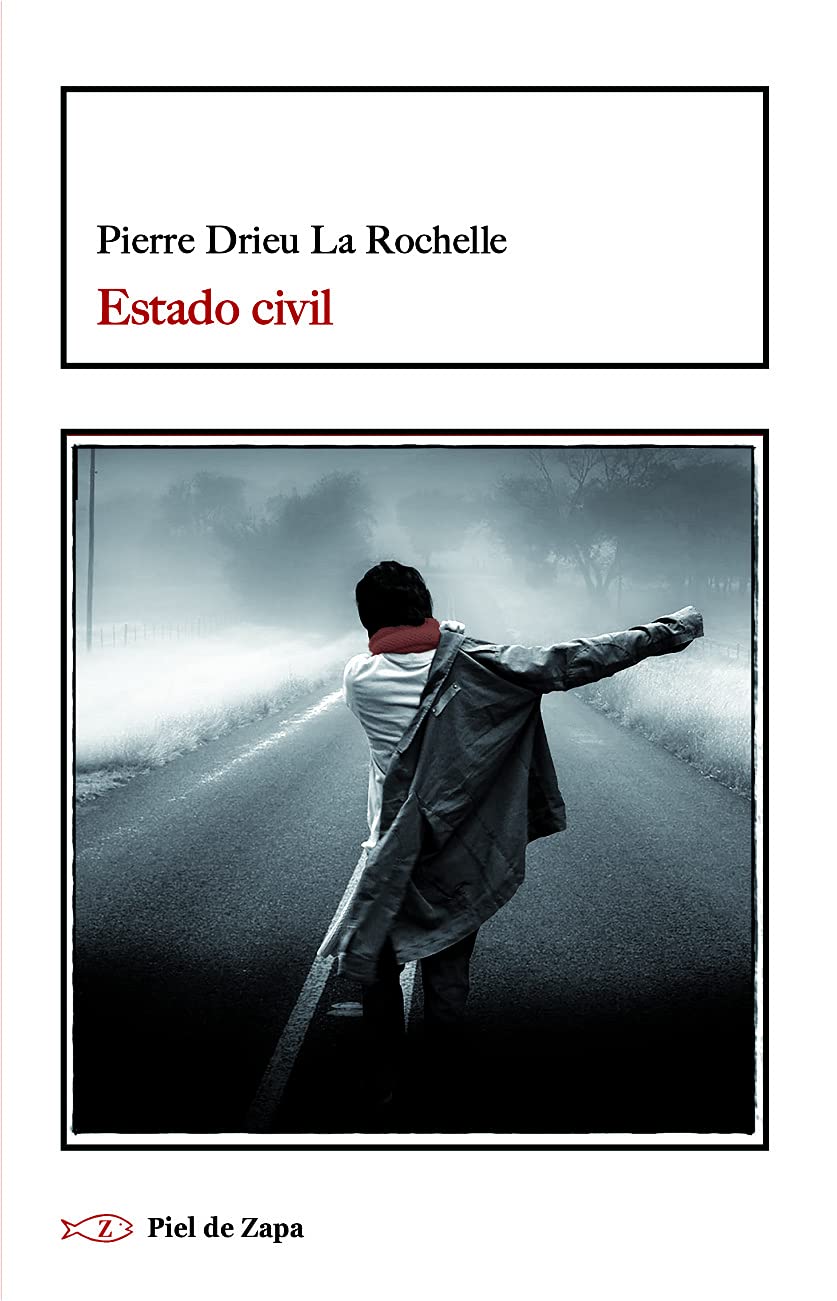
Review of the book “Civil Status” by Pierre Drieu La Rochelle.
“Civil Status” is a novel by French writer Pierre Drieu La Rochelle, published in 1931. The plot follows a young man named Gilles, who feels disenchanted with French life and society after the First World War. Gilles seeks to find meaning and purpose in his life, and he finds it in a toxic relationship with his wife Olga and a fascination with fascism and violence.
Civil Status, by Pierre Drieu La Rochelle: a premature autobiography
In this article, I would like to share with you my impressions of a work that has had a profound impact on me: Civil Status, by Pierre Drieu La Rochelle. It is a novel published in 1934, which the French author defined as an attempt at premature autobiography. In it, Drieu La Rochelle narrates his childhood and youth, from his birth in 1893 to the end of the First World War, in which he participated as a volunteer.
Civil Status is a book that shows us the search for identity of a child and then of a young man who feels misplaced in the world around him. A world that seems alien, hostile and decadent, and from which he distances himself to take refuge in his own inner universe, full of dreams, fantasies and aspirations. A world that also attracts and fascinates him, and which he tries to get closer to through literature, art, politics and love.
Drieu La Rochelle offers us a sincere and lucid portrait of his intellectual and sentimental formation, his family and social conflicts, his life and love experiences, his existential and spiritual crises. It shows us how his complex and contradictory personality is being forged, marked by ambition, pride, rebellion, skepticism, idealism, melancholy and nihilism.
Civil Status is also a historical testimony of a turbulent and momentous time: the interwar period in Europe. A time in which great political, social and cultural changes took place, which profoundly affected the mentality and destiny of the generations that lived through those years. A time in which new artistic and literary movements emerged, such as Dadaism and Surrealism, to which Drieu La Rochelle approached and with which he maintained close ties. A time in which the totalitarian ideologies that would lead to the Second World War were also created.
Civil Status is a masterpiece of 20th century French literature, which reveals the talent and genius of Pierre Drieu La Rochelle, one of the most brilliant and controversial writers of his time. A writer who traveled through all the artistic avant-garde and political movements of his time, from communism to fascism, through nationalism and collaboration with the Nazis. A writer who committed suicide in 1945, when the allies entered Paris.
Civil Status is a book that challenges and moves us, that makes us reflect on our own identity and our place in the world. A book that invites us to get to know better a fascinating and controversial author, whose work deserves to be rediscovered and revalued.
One of the most interesting aspects of “Estado Civil” is the way in which the author explores the identity crisis and alienation of French society at the time. Gilles represents the lost generation that emerged after the First World War, a generation that felt disenchanted and hopeless. Drieu La Rochelle uses Gilles’s perspective to criticize the moral decadence of French society and its inability to face the challenges of the modern world.
Another notable aspect of the novel is the toxic relationship between Gilles and Olga. The dynamic between the two characters is complex and heartbreaking, reflecting the alienation and desperation Gilles feels in his life. Drieu La Rochelle uses the relationship between Gilles and Olga to explore themes such as love, emotional dependence, and emotional manipulation.
Furthermore, the novel is also a critique of fascism and violence. Gilles is drawn to fascism and the idea of violence as a way to find meaning and purpose in his life. However, as the novel progresses, it becomes clear that violence only leads to destruction and suffering. Drieu La Rochelle uses Gilles’s fascination with fascism to explore the authoritarian and anti-democratic tendencies that emerged in Europe in the 1930s.
In summary, “Estado Civil” is a heartbreaking and emotionally intense novel that explores complex and relevant themes. The author’s ability to create complex characters and his poetic, evocative prose make this novel an important work of 20th-century French literature. Despite the criticism it has received for its sympathy with fascism, “Estado Civil” remains an important work for understanding the identity crisis and alienation of French society at the time and the authoritarian and antidemocratic tendencies that emerged in Europe. in the 1930s.
Source: https://algunoslibrosbuenos.com/estado-civil


